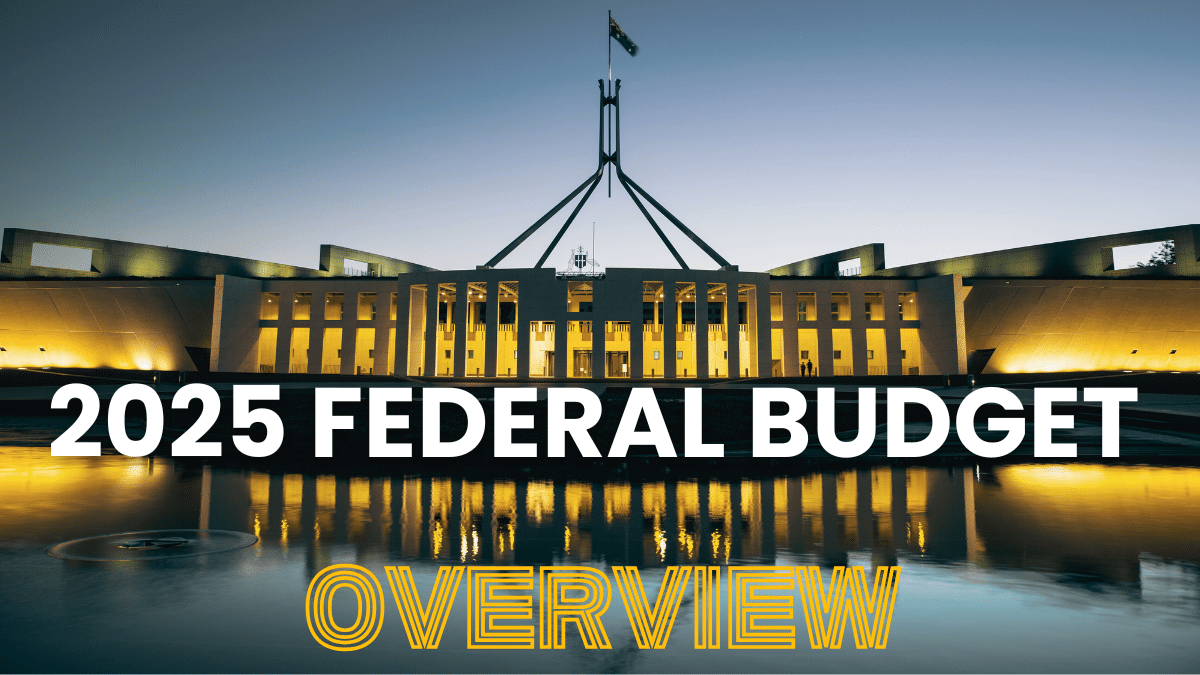Super resources
Super contributions, tax and strategy calculators
See also our Retirement calculators.

Step-by-step guides
It’s always easier to make progress when there are simple steps you can follow. Our step-by-step guides will give you clarity over what you can do to transform your super, as well as plan, prepare for and start retirement.

Webinars
Join our monthly webinars to stay on top of key super and retirement topics, with clear, practical guidance from independent experts. Every three months, members can also take part in a live Q&A session to get their questions answered directly.

Newsletters
We publish monthly newsletters tailored to each stage of the retirement journey – Super booster, Retirement planner, Retiree, plus an edition for our SMSF members. Each month we cover the latest news, super performance, rule changes, practical tips for your situation, along with our newest guides and resources to help you make the most of your super.

Employers guide
Our Employers guide to super helps HR teams and small business owners understand the super rules and meet their obligations with confidence. You’ll find clear guides on contribution requirements, employee eligibility, key deadlines, salary sacrifice, redundancy, tax deductions, fund selection, record-keeping, and avoiding penalties.

Expats guide
Our Expats guide to super helps Australians working overseas and foreign citizens working in Australia understand how super rules apply when moving between countries. You’ll find clear guides on managing super while abroad, accessing or transferring funds, and meeting all requirements with confidence.














